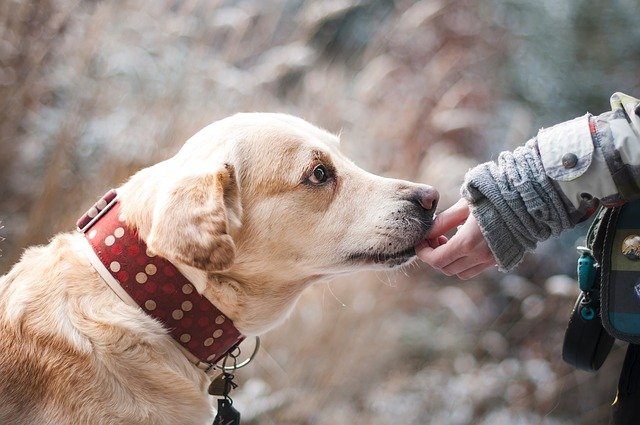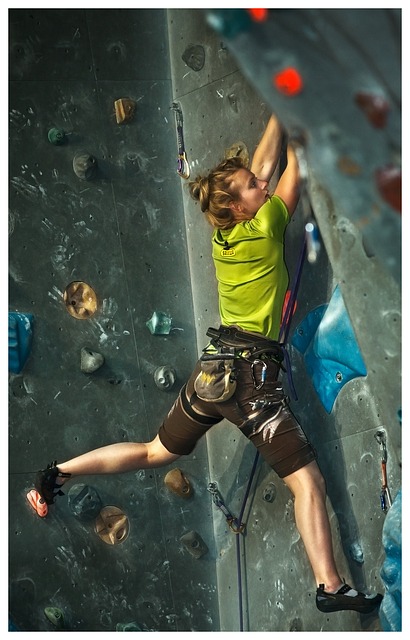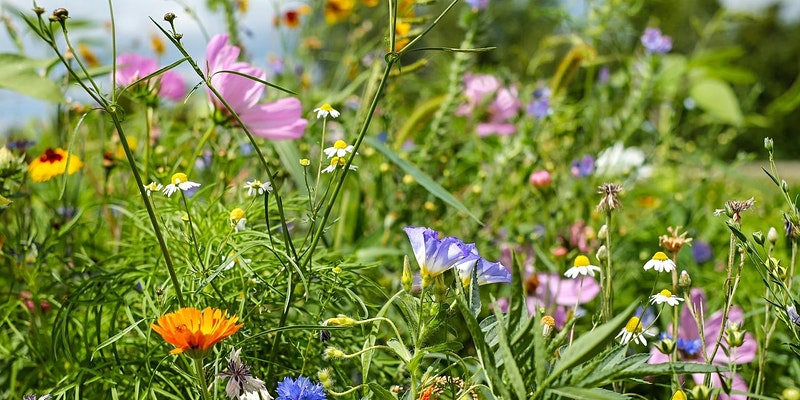
When Social Pedagogy Goes to School: Innovative approaches promoting agency, community and democracy in formal education
Call for Papers
The International Journal of Social Pedagogy (IJSP) is a peer-reviewed, open-access journal publishing articles on social pedagogy in the broadest sense. In the last decades, increased attention has been paid to the role that social pedagogy plays – and could play – in schools (Alevizos et al. 2015; Babalis et al 2015; Cheminais 2014; Hayden 2007; Jóhannsdóttir & Ingólfsdóttir 2018; Kalagiakos 2015; Klarsgaard & Drevsholt 2021; Kyriacou & Zuin 2016; Kyriacou 2015, 2009 & 2003; Mickelsson 2019, Moss & Petrie 2019; Mylonakou-Keke 2015; Petrie 2005; Rothi et al. 2008; Schoone, 2020).
Countries across the globe are currently experiencing a backslide of their democracies and a rise in the adoption of authoritarian maneuvers. Against this backdrop, we continue to face inequities in social, political, financial, environmental, racial, and justice systems. While social pedagogy may emphasize different approaches within varying historical and geographical contexts to address such challenges, a common theme is the connections between the educational dimension of social issues and the social dimensions of educational issues.
Schools can reproduce and even reinforce unequal social structures and exclusionary dynamics, but they can also contribute to social change and to engendering a better society. Drawing from social pedagogy’s traditions of participation and dialogue, community building and empathy, human rights and justice, and the centering of voices and experiences of the most oppressed, we look to youth and schools for inspiration in democratic revitalization and the development of informed, critical, engaged and caring citizens.
This special issue of IJSP focuses on school practices inspired by social pedagogy principles and approaches. We particularly welcome research articles that explore innovative practices that promote agency, democracy, community – three key concepts in the field of social pedagogy. We are also interested in holistic approaches that consider the whole person and not just knowledge acquisition, and in approaches that pay attention to diversity, equity, and inclusion. Submissions might address (but are not limited to) innovative approaches in the following areas:
- School-community relationships
- Citizenship education
- Civic and political engagement
- School democracy
- Dialogue and deliberation
- Critical media literacy
- School safety
- Restorative justice
- Relationships and friendships
- Equity, diversity, and inclusion
- Communal life
- Agency and student voice
- Participatory budgeting
- Conflict resolution and peace education
- Social and emotional learning
- Global citizenship education
- Environmental education
- Sustainable Development Goals and Agenda 2030
- School responses to covid-19 challenges
- School cooperatives
- Relationships between schools and local government
- Transformative learning
- Extracurricular programs
- Schools, social media and the internet
Abstracts (up to 300 words) should be submitted by April 30, 2022, to tbartlet@asu.edu. Successful authors will be invited by May 15, 2022, to submit a full draft for editorial review by September 31, 2022. Publication is anticipated to happen in the Spring of 2023.
The special issue will be guest-edited by members of an international research network on social pedagogy, participatory democracy, and citizenship education. If you have any questions, please contact Tara Bartlett (tbartlet@asu.edu) or Daniel Schugurensky (dschugur@asu.edu).









